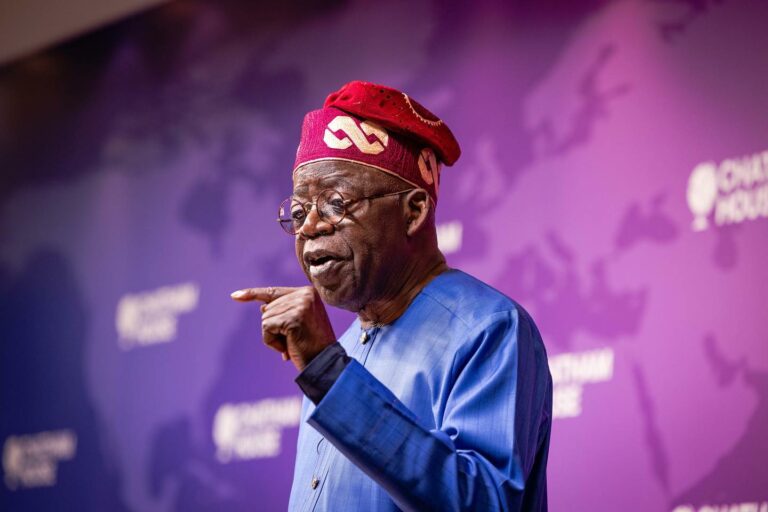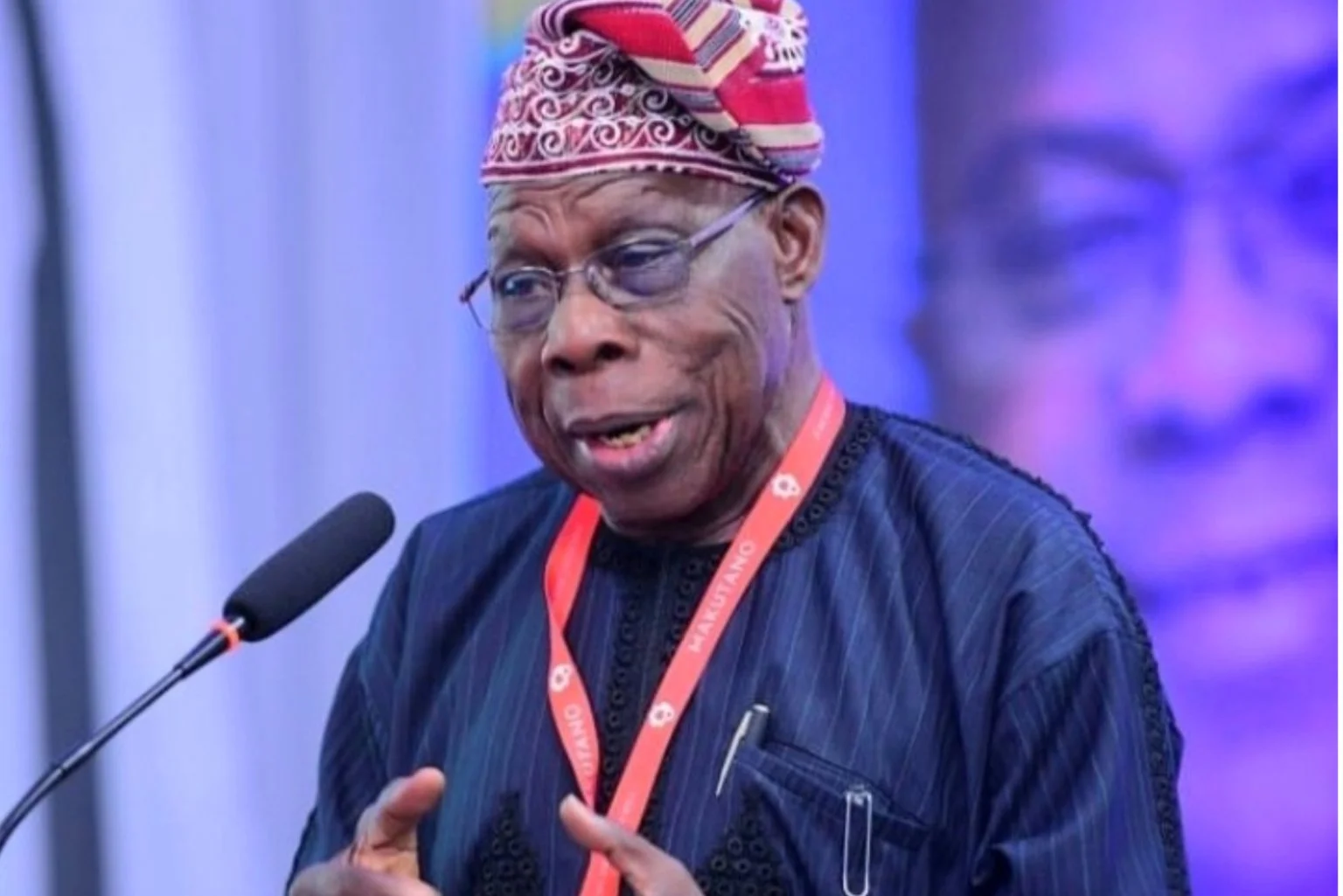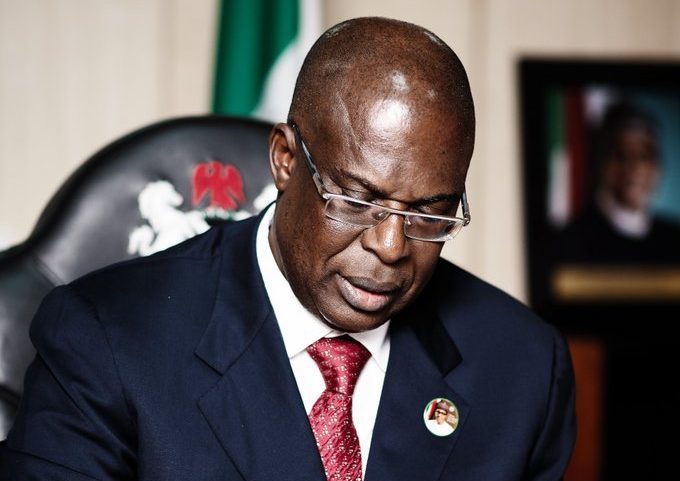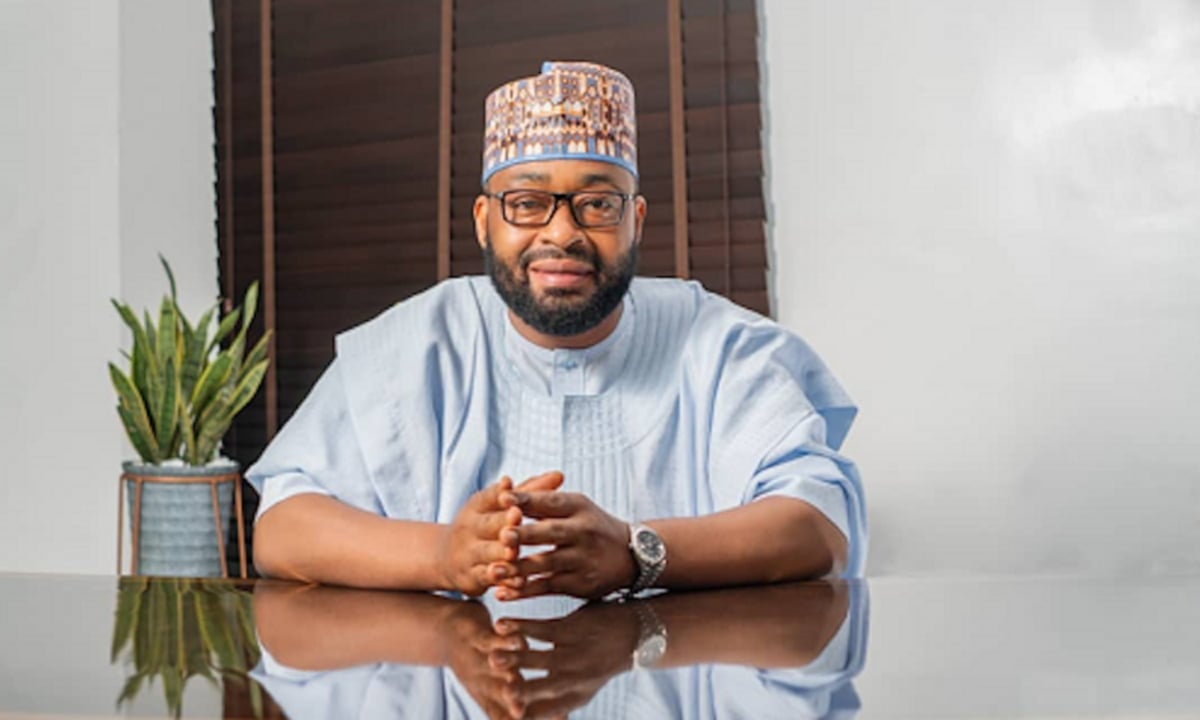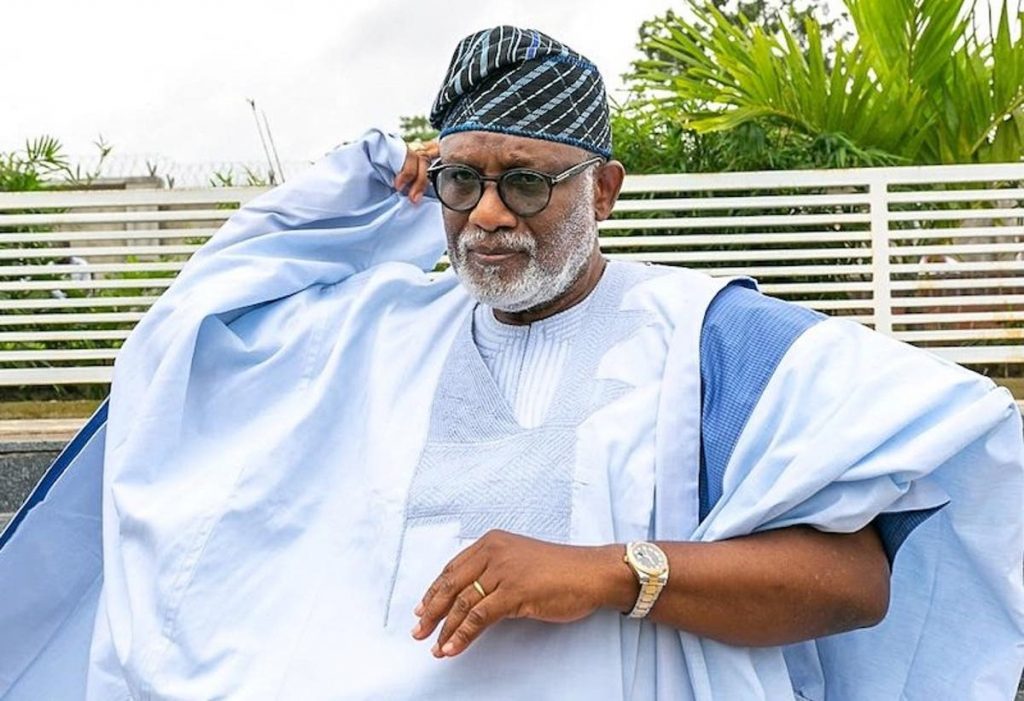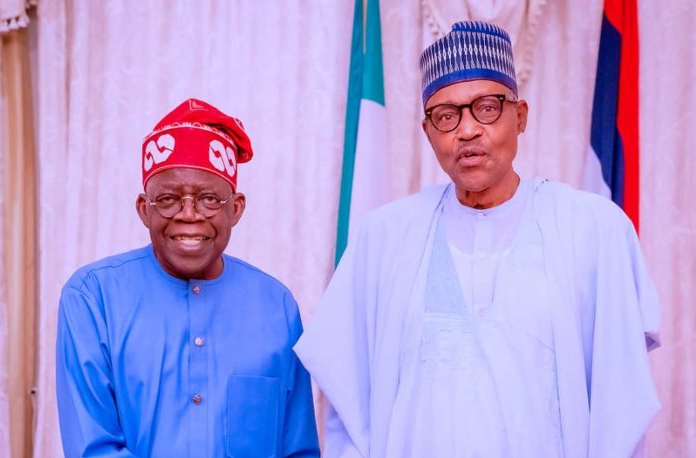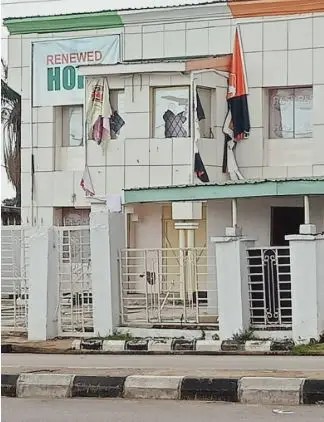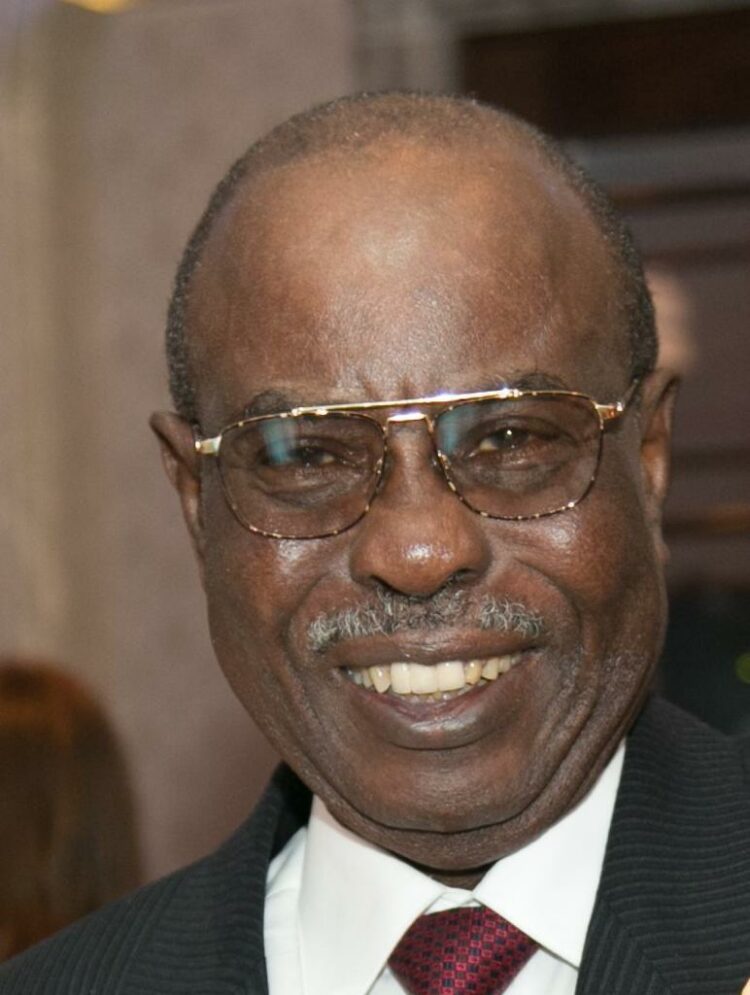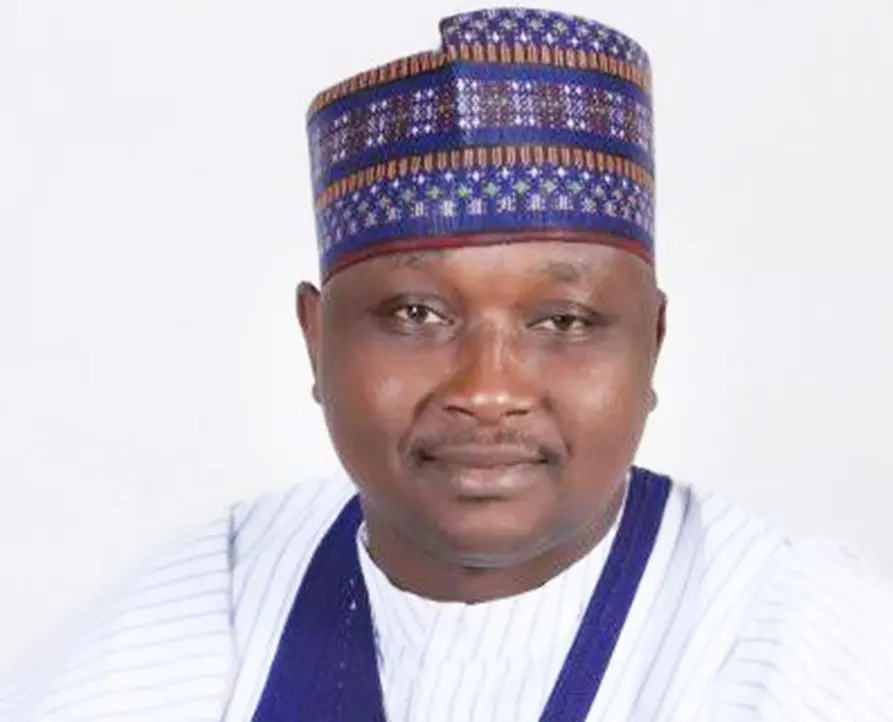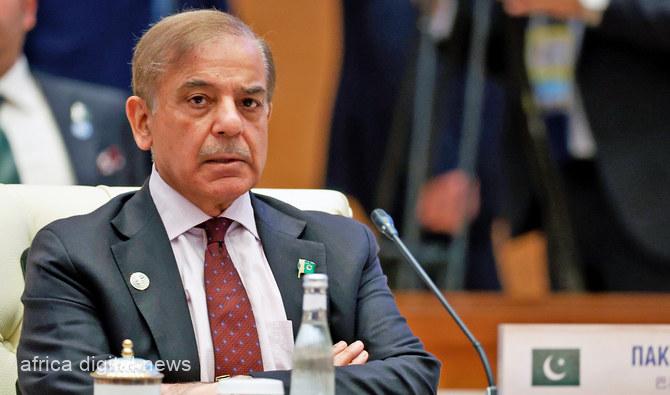President Bola Tinubu‘s request to present his defense against petitions seeking to nullify his election has been approved by the Presidential Election Petition Court, PEPC in Abuja, with proceedings scheduled for Tuesday.
Without delay, President Tinubu, through his legal team headed by Chief Wole Olanipekun, SAN, submitted an application to initiate the process of defending his election victory immediately after INEC concluded its defense on Monday.
The petition lodged by Alhaji Atiku Abubakar, representing the Peoples Democratic Party (PDP), against the 2023 presidential election outcome involved INEC presenting a lone witness who testified.
As part of its evidence, the electoral body presented four documentary exhibits, one of which was a letter written by Vice President Kashim Shettima on July 6, 2022, notifying the body of his decision to withdraw as the All Progressives Congress (APC) candidate for the Borno Central Senatorial election.
INEC’s lead counsel, Mr. Abubakar Mahmoud, SAN, presented Mr. Lawrence Bayode, a Deputy Director of ICT at the Commission, as a witness. Mr. Bayode submitted the letter and its accompanying certification, which were admitted as Exhibits RA-1 and RA-2.
While being cross-examined by Chief Olanipekun, SAN, the witness maintained that the presidential election conducted on February 25 was ‘free, fair, credible and conducted in substantial compliance with the Electoral Act.’
In response to inquiries from Prince Lateef Fagbemi, SAN, the APC’s counsel, the witness assured the court that the technical glitch encountered on election day had no bearing on the final scores of the presidential candidates. He affirmed that the scores remained intact.
Read also: Why Tinubu’s Govt, Govs Can’t Dialogue With Bandits – Sani
Moreso, the witness stated before the court that the presidential election results were not electronically collated, emphasising that the process was carried out manually.
‘INEC does not have an electronic collation system,’ he insisted. The witness further stated that INEC had a limited timeframe before the presidential poll and publicly declared that the electronic transmission of election results would not be possible.
However, under cross-examination by Chief Chris Uche, SAN, the counsel representing the Petitioners, the witness disclosed in court that INEC had officially accredited the European Union (EU) Observation Mission to observe the 2023 general elections.
The witness affirmed his knowledge of the EU’s final report on the election when asked about it during the proceeding. His words: ‘Yes I am aware, but I have not seen it.’
Objections were raised by the Respondents when the witness was shown a certified copy of the EU’s report and asked to read a particular excerpt from it.
The court’s five-member panel, with Justice Haruna Tsammani as the head, admitted the report as Exhibit RA-6 in evidence, despite the Respondents’ attempt to oppose its admissibility.
With the panel’s consent, the witness read out a paragraph from the report, wherein the EU acknowledged that the 2023 election fell short of the promised levels of transparency and inclusivity as declared by INEC.
Additionally, he pointed out a section of the report which mentioned that ‘only 31% of results uploaded in I-REV was formally or mathematically correct.’
Still, the witness reiterated that the technological innovations implemented by INEC were put in place to ensure the transparency and integrity of the results in the electoral process.
Right after the witness’s dismissal, INEC’s counsel informed the court that his client had no plans to call any other witnesses in relation to the matter.

